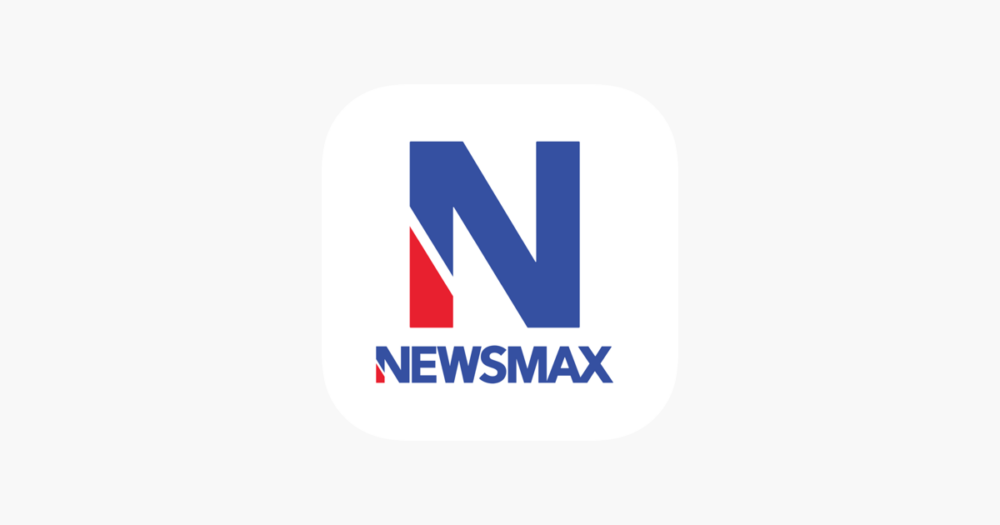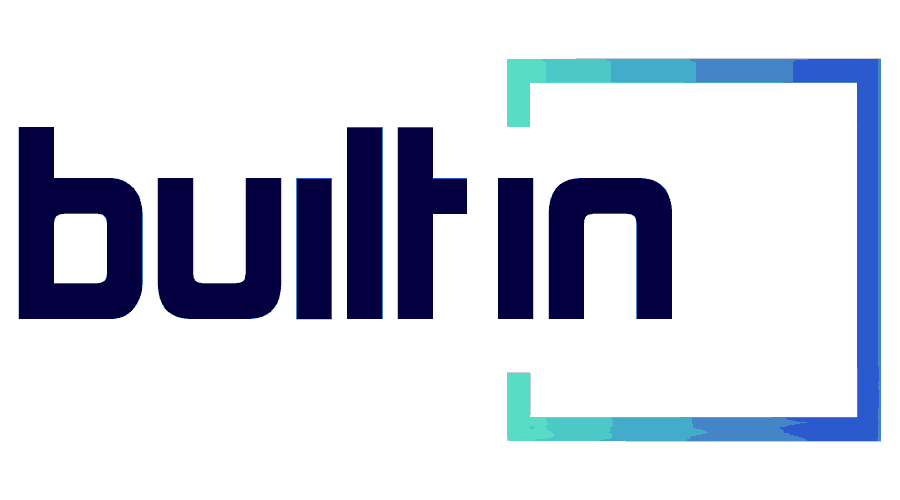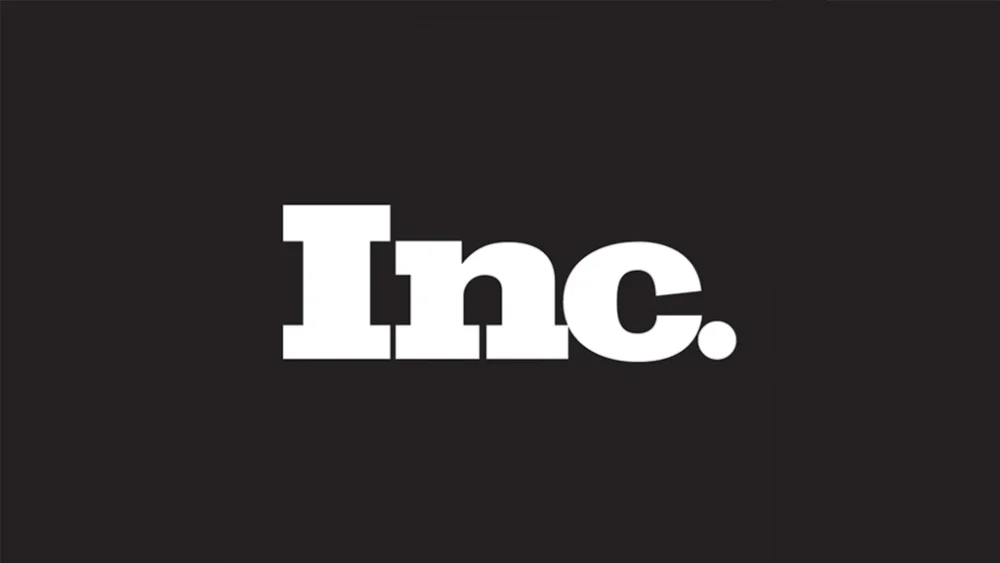
With 30% of employees nationwide believed to still be working in hybrid mode, some have taken to the bold practice of “coffee badging.”
Some employers are grudgingly tolerating this trend, whereby employees swipe in with their ID badge a few days per week at the office, grab a coffee to ensure their boss sees them, and then take off – ostensibly to spend the rest of the day working from home.
Recent surveys show that 58% of hybrid workers coffee badge and another 8% are considering it, according to a recent poll of 2,000 hybrid workers taken by Owl Labs.
Other employers, however, are taking stock of worker productivity in the ongoing tug-of-war over returning to the office, with 12.7% of Americans still fully home-based.
Financial advisers at The Kuderna Financial Team of Shrewsbury, N.J., were still working from home in 2021, but when they began taking as long as two weeks to respond to client questions, upper management ordered everyone back to the office in 2022, founder Bryan Kuderna said.
“First 24 hours, and then a week would elapse with no response,” Kuderna recalls. “There was a lot of griping from upper management that some people, not commission-driven, were taking advantage of the remote situation,” he said. “It was clear that the productivity was not there.”
Today, the financial planning firm is “not doing the ‘coffee badging’ thing,” Kuderna says. “We’re not back to where we were before COVID, but we have some very good employees. It’s time to get back to work.”
Coffee badging is happening with a good deal of regularity at mid- to large-sized U.S. companies, according to Mark Kluger, co-founding partner at the employment law firm Kluger Healey of New York.
“There seems to be a growing generational divide with regard to a work ethic, and there is increasing frustration among Baby Boomers and Generation X managers, executives, and business owners over the mindset of younger Millennials and Gen Z,” Kluger says.
Employers that endorse a traditional sense of responsibilities at work are finding it “nearly impossible” to retain quality talent without compromising on a hybrid work arrangement that has employees work from home at least three days per week, the employment attorney says.
Personally, Kluger finds coffee badging an ironic twist for industries such as law and investment banking, known for their associates putting in grueling 80-hour work weeks to get ahead.
Ambitious lawyers and bankers have traditionally engaged in a kind of reverse coffee badging, Kluger explains, noting how important it was, at least traditionally, for those who wanted to make it to the top to keep working in the office long after the partners had left for the day, and on the weekends.
“Defiance,” is how Kluger would sum up coffee badging.
“Some of the clients get really angry, saying employees are stealing time or being insubordinate,” Kluger says. “Those are the words I am hearing, but when push comes to shove, many are feeling handcuffed by coffee badgers, many of whom are being intentionally manipulative – but they’re succeeding.”
Though not in every case.
Remote workers are promoted 31% less frequently than people working out of an office, either full-time or on a part-time basis, according to research released last month by Live Data Technologies.
Remote workers, especially female workers, also are less likely to receive critical mentorship.
About 5.6% of office workers were promoted in the past year, compared to 3.9% of remote workers.
Nearly 90% of 1,325 CEOs in 11 countries who KPMG surveyed last year, said they were more likely to reward office-based employees with favorable assignments, raises, or promotions.
Of course, many companies and even the U.S. government have permitted their employees to fully telecommute for decades, notes George Mentz, who teaches online college and university classes through the GAFM Global Academy of Finance & Management.
“As long as people are getting the work done, telecommuting, working from home, or coffee badging really are not an issue,” Mentz maintains.
Many companies’ human resources manuals and union contract agreements were formally amended during the coronavirus pandemic to permit flexible work, Mentz says.
Some of these manuals also explicitly prohibit workers from blowing the whistle on other employees, Mentz adds. This would preclude someone who witnesses a co-worker exploiting coffee badging, from reporting them.
Even if bosses don’t call out poor performance in individual employees’ annual reviews, the labor market numbers don’t lie. Labor productivity in the U.S. has been falling in the past 18 months.
“Sluggish productivity means sluggish growth,” Jason Furman a Harvard Kennedy School professor, told CNBC. “It means sluggish wage growth and increase in living standards. It matters for just about everything in the economy.”
Right now, with unemployment at 3.7%, the workforce has the upper hand when it comes to cutting corners and demanding flexible work terms, Kluger said.
“But if the economy tanks,” he added, all bets are off.
https://www.newsmax.com/platinum/covid-19-workplace-hybrid/2024/02/13/id/1153344/







